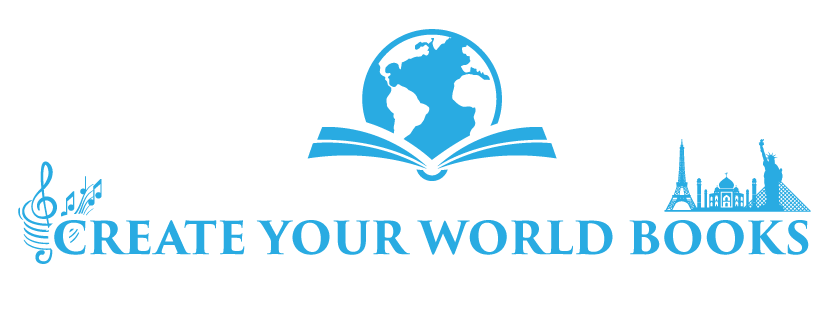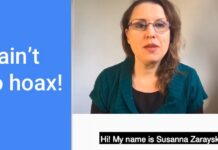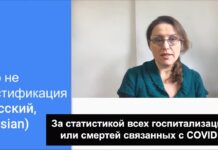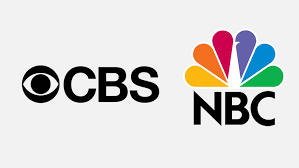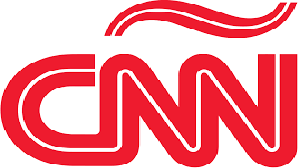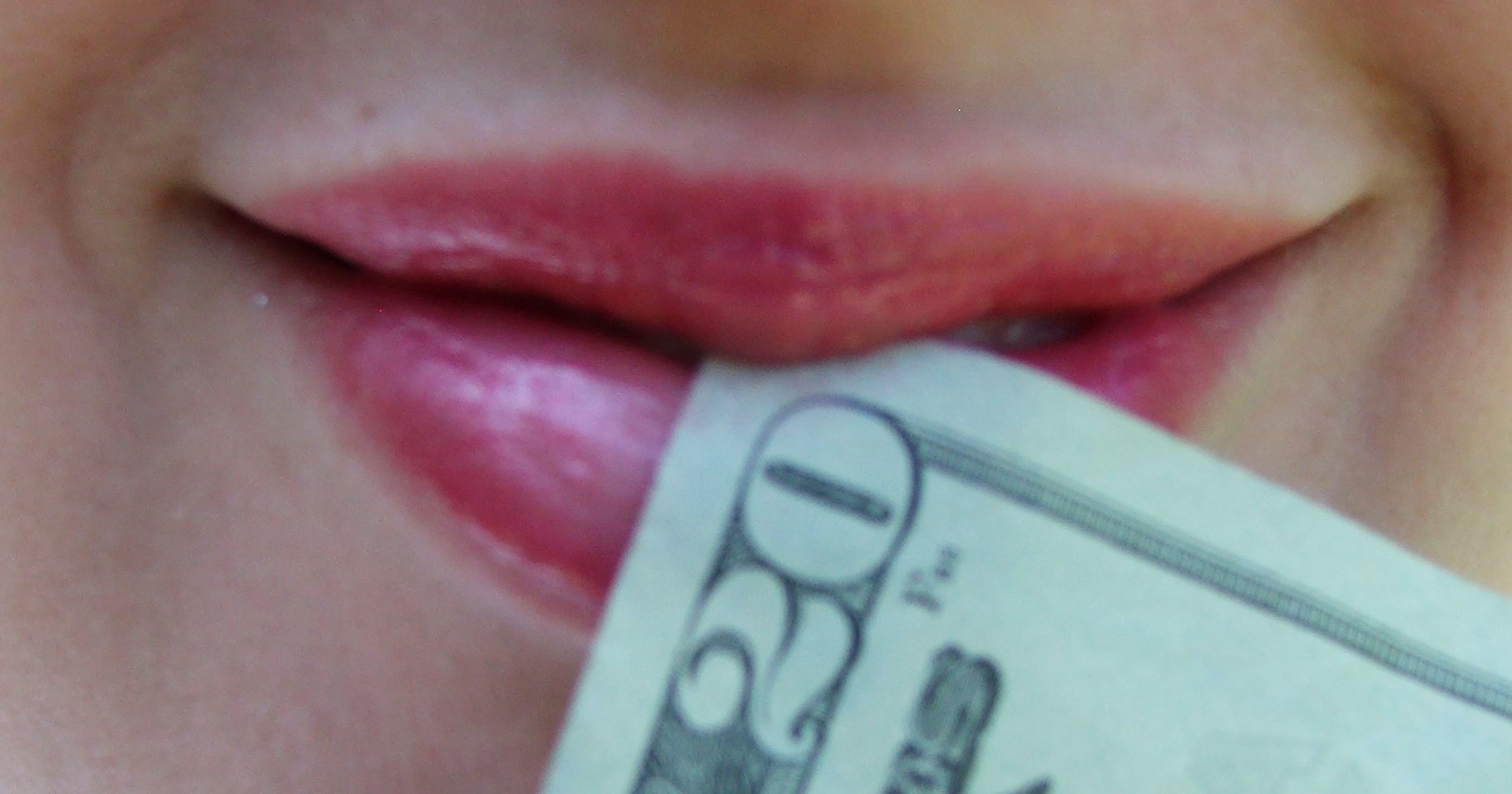
I was born in a Communist country where you couldn’t speak freely. If you opposed the government, you would go to jail or you’d go to a gulag (prison camp) and may never return, and your whole family could lose their jobs in punishment for your having spoken out or left the country as a traitor. Being from the former USSR has propelled me to take voting, democracy, and political and consumer activism seriously.
Before I was even old enough to vote in the United States, I gave my parents suggestions of who to vote for because they didn’t understand the propositions, referendums and what the candidates’ platforms were.
At age 16, I interned for my California State Senator during one summer. Constituents called asking for help with their different problems that they had with state government institutions. I called those state agencies on behalf of the Senator and reported my findings to the Senator’s staff to compose responses to the constituents.
For 15 years, I have been an election observer in the former Soviet Union and Eastern Europe and have seen how elections run, how activists organized and how these countries were transitioning to democracies.
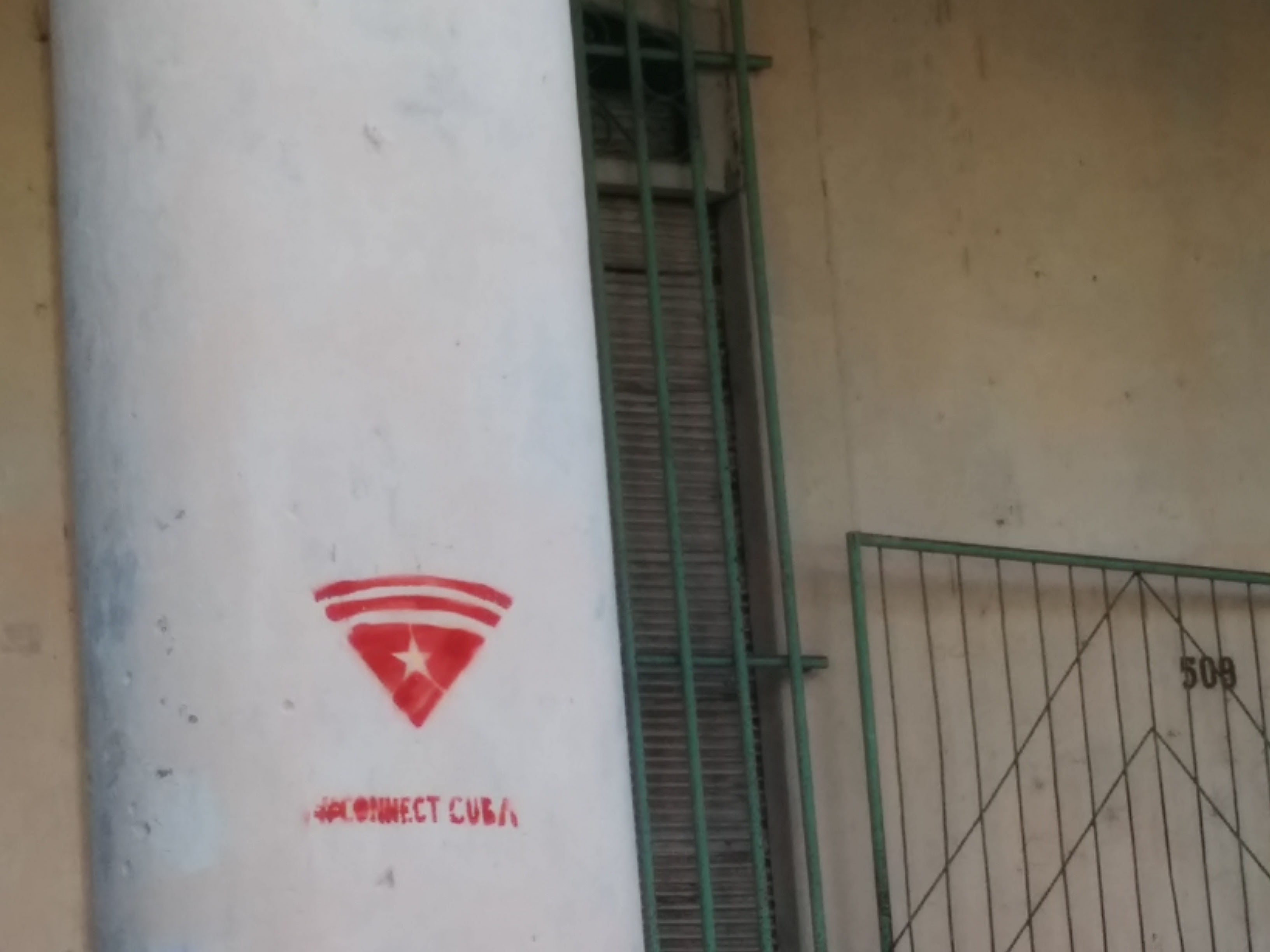

Cuban political awakening
Ironically, I was in a communist country during the January 2017 Presidential Inauguration looking at my friends’ photos on Facebook of the Women’s March, using a one-hour internet card, which cost me about 1/20 of a Cuban’s monthly salary just to get to a very slow Wi-Fi connection. I was happy that people in the US could protest because I was in Cuba, a country where political protesters were censored and jailed. In Cuba, there was propaganda all over the place supporting the revolution, Fidel Castro and the communist government.
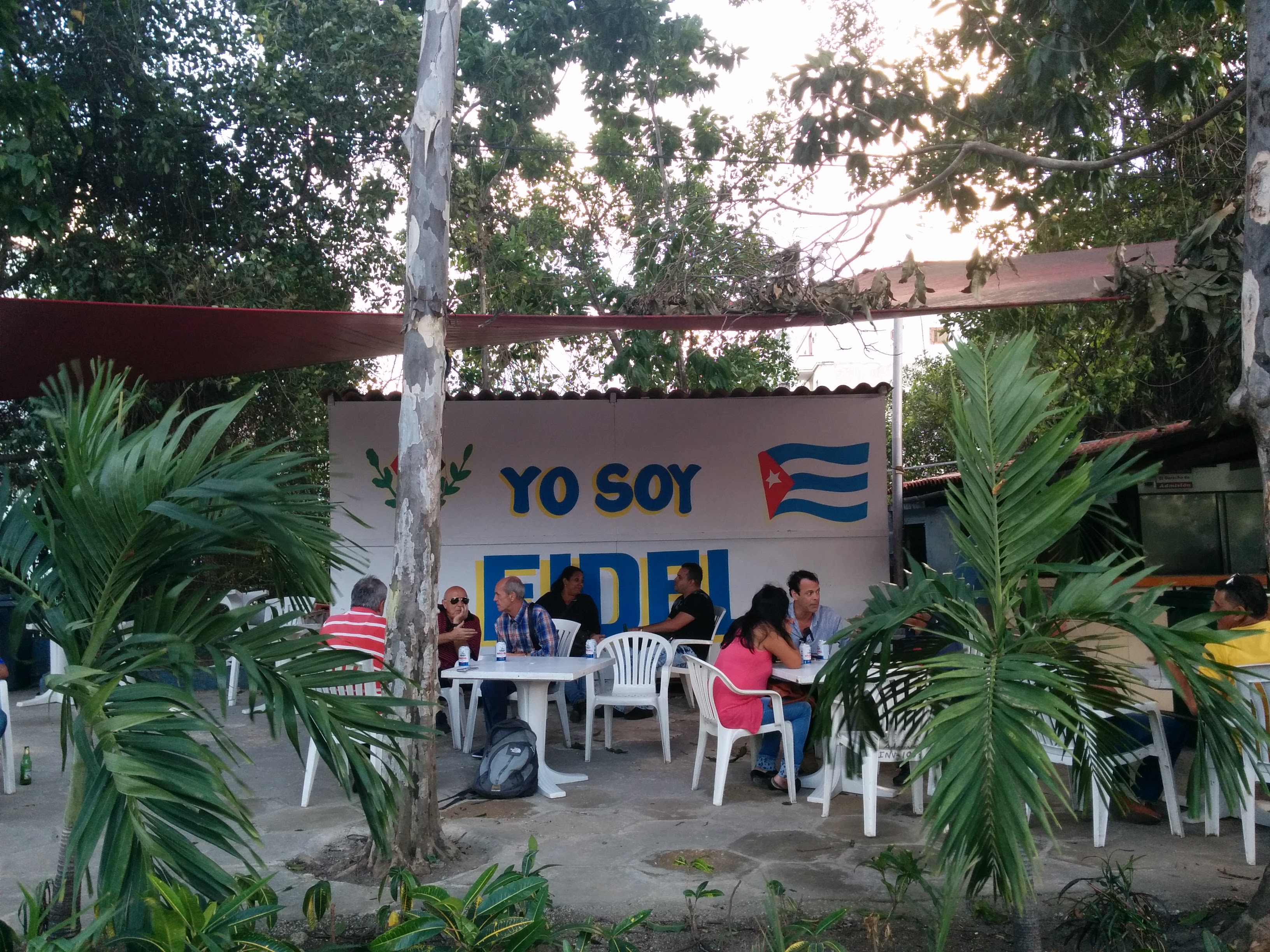
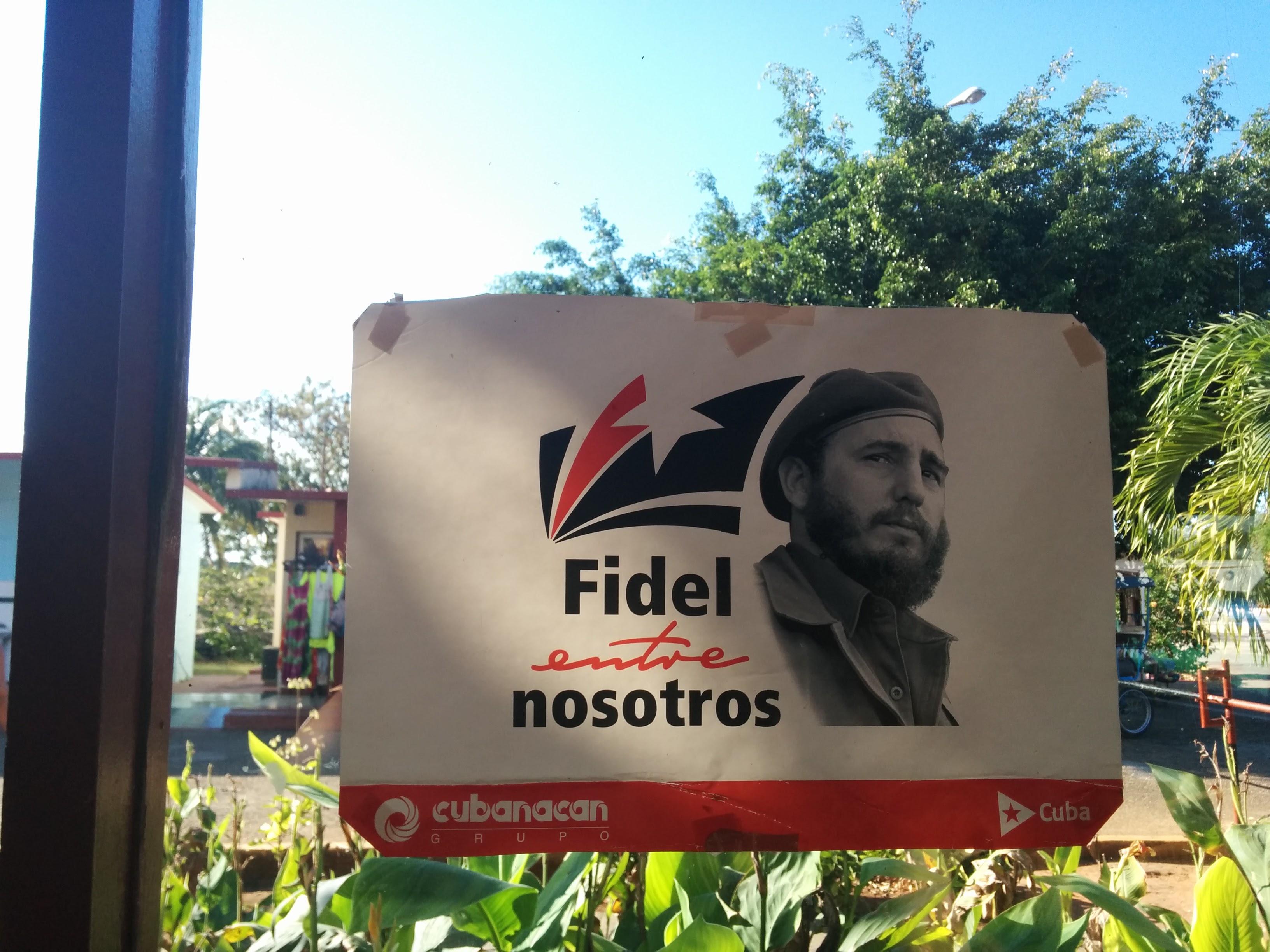
My election observer experience informed me that activism wasn’t just about making cool posters, dressing up and walking with friends in public protests or adding a hashtag on Twitter or Facebook. The real hard work, such as going door to door to peoples’ homes when it is -30 Celsius (-22 Farenheit) to make sure the voting lists are accurate, doesn’t make headlines.
I had been politically active before, but being in Cuba motivated me to be even more vocal. I have been actively calling, writing and visiting the offices of my elected officials both in California and DC and I have communicated with out-of-state Senate offices about issues that are important to me.
Consumer activism: Putting my money where my mouth is
We can also be activists on a daily basis with our money. Consumer activism may not make headlines or turn into an Instagrammable photo, but it can make an impact.
It took me several years before I put my money where my mouth was. I knew that Wells Fargo bank was one of the lenders involved in the mortgage crisis but I was too lazy to transfer my nine automatic deposits and bill payments from Wells Fargo to my credit union. When I asked the Wells Fargo bank manager in Saratoga, California about the two accounts Wells Fargo created in my name and that I suspected were fake accounts, he lied to my face by telling me that there were no fraudulent account issues in Northern California. He went on to say that some of his customers felt so bad for the bank tellers who had to deal with the bad PR the bank was experiencing, that they baked cookies for the tellers. I don’t know if he thought I was dumb enough to believe him or if there really were people in wealthy Saratoga who had nothing better to do than bake cookies for bank clerks instead of giving food to the many homeless all across the Bay Area. I knew I couldn’t trust a bank with my money when the bank manager lied to my face.
During the Senate hearing on Wells Fargo’s fake accounts, I applauded Senator Elizabeth Warren telling Wells Fargo CEO, “At best you were incompetent, at worst you were complicit and either way you should be fired,” when she showed how he personally profited from the bank creating fake accounts.
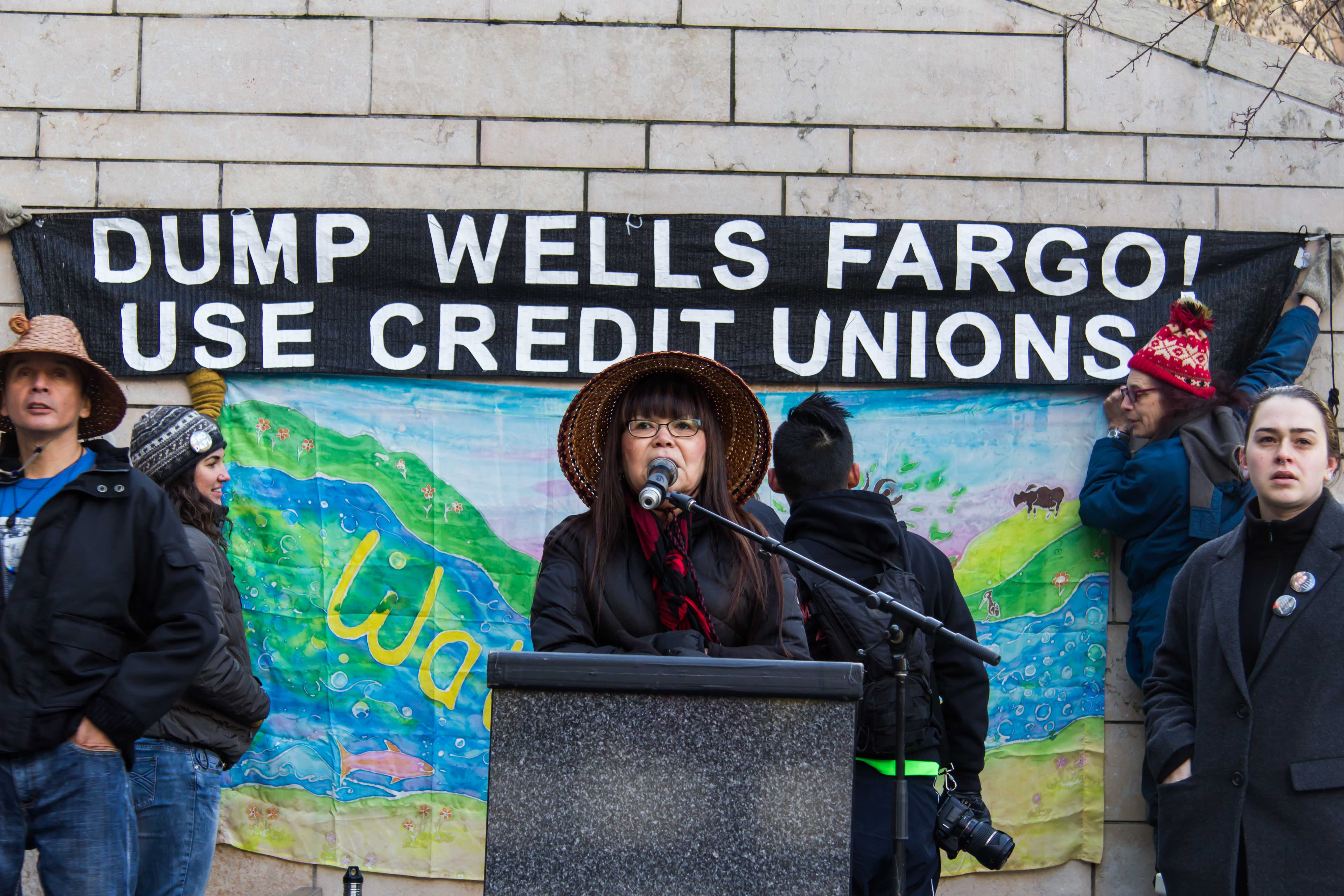
It was when I found out that Wells Fargo Bank was funding the North Dakota Access Pipeline, a gas pipeline through the tribal lands of Native Americans that would pollute the water supply, that I finally decided to divorce from this corrupt bank and walk my money across the street to my credit union. I didn’t want my money to fund the gas pipeline and pollute waters. When I decided to finally close my account, I wasn’t aware of the movement of people and municipalities divesting from Wells Fargo because of the pipeline. It took three months to transfer all of my bills and payments and I only wish I had done it earlier. After I closed my account, Wells Fargo was implicated in a car loan scam: forcing people to pay for insurance on auto loans they didn’t need.
Vote with your money
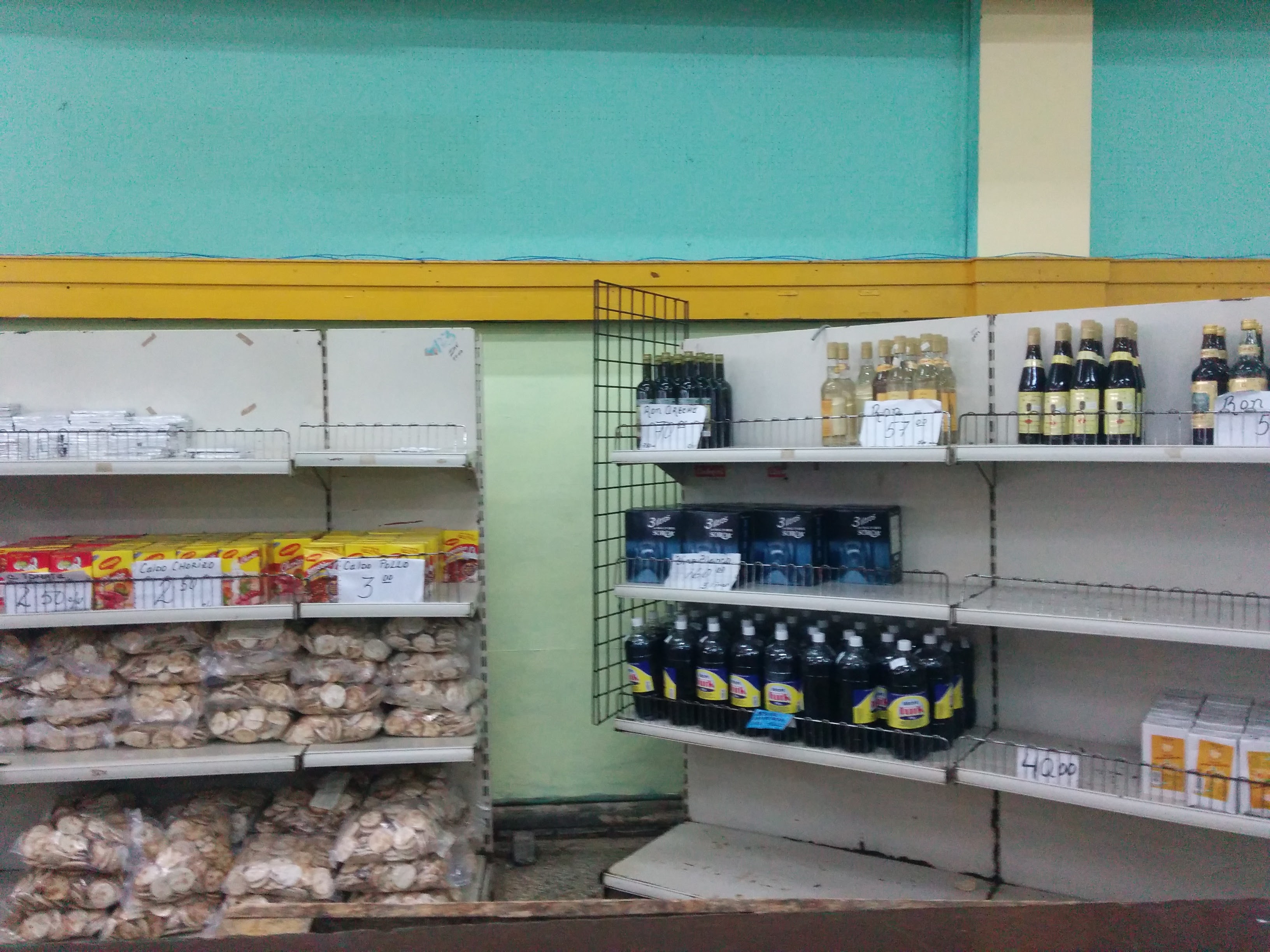
In countries ruled by communist governments, dictatorships, kingdoms, and autocratic rulers, people have no say in their government or may have no choice in how to spend their money.
It is ironic that I had to visit a communist country, where most people don’t have enough money to even have a bank account, to rekindle the activist in me and divest from a US bank! Maybe Fidel Castro is laughing in his grave.
Exercise your democracy by voting, contacting elected officials and being mindful of where you spend your money. We don’t go to the ballot box everyday, but we do make purchases on daily or weekly basis.
Addendum (23 June 2019)
I recently read that there’s a California state bill (AB 857) to make it easier for municipalities to open public banks. I just sent a message to my California State Assemblyman asking him to vote “yes” on AB 857.
Jake Tonkel, one of the proponents of a public bank option in San Jose (near where I live) said:
“If San Jose had control of its own finances, we could use it to reach the goals that the city is trying to achieve. We can fund climate mitigation and put solar on more roofs. We can invest in affordable housing and small businesses and shape the city into what we want it to look like.”
